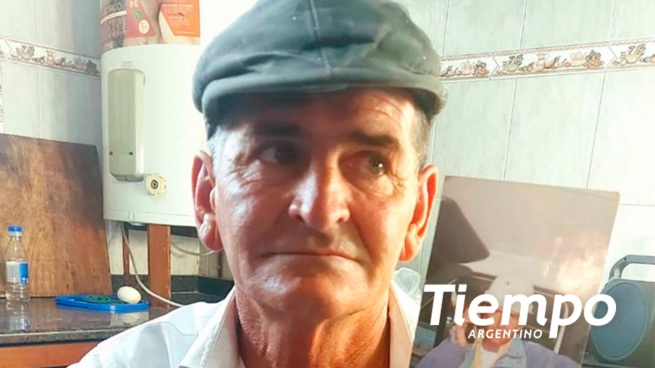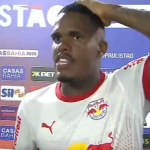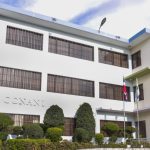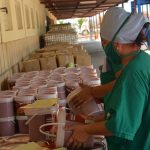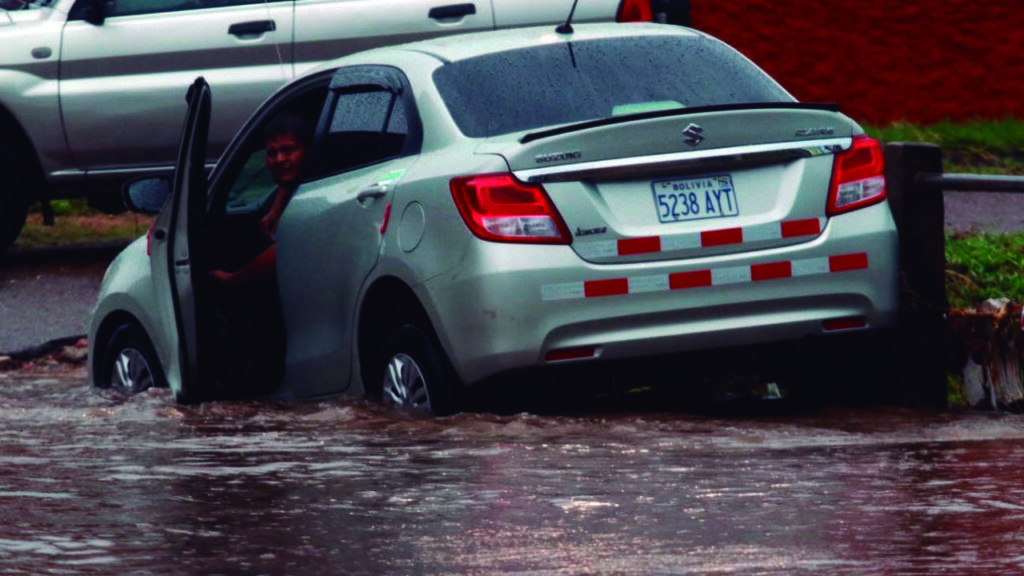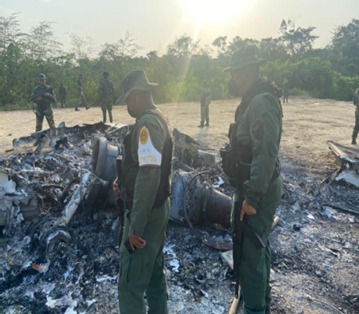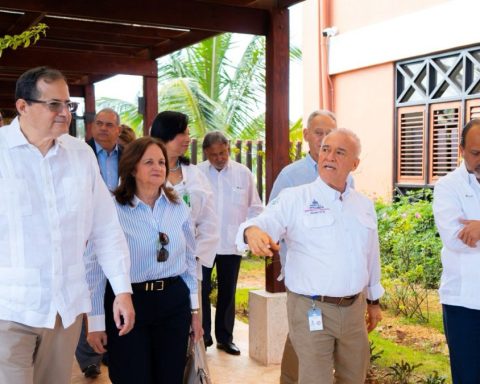In 2007, Marcelo’s mother, at 63 years old, is diagnosed with a fatal cancer. She then decides to talk to her son about something that she had been inside for decades and she couldn’t let go of. Something she was choking on. “She called me into her room because she wanted to tell me something. She wanted me to put Lapania on trial. ‘It can’t be that this man doesn’t recognize you,’ he told me. For you to have his last name and a chance in your life.’ Within days, my mother passed away. That talk stayed in my head. Twelve years later I got together with my lawyers and decided to start the biological identity trial.” This ordeal to be recognized had a first step a week ago, when the Justice recognized that Marcelo Omar Urbano is actually Urbano Lapania, son of the Cordovan tycoon Eduardo Lapania. Tomorrow you will finally receive the document that certifies it. Legal recognition came to him; his father’s not yet. Now there is the millionaire claim for damages: what could have been his life and what was not, due to the rejection of the businessman. A story where meritocracy has no place.
Marcelo, 59 years old, from Villa Soto, department of Cruz del Eje, in Córdoba, is a mason. From a very young age he had to go out on odd jobs to survive, while his father made his way in business by becoming a wine exporter. Marcelo has 6 children and 9 grandchildren. His wife, Maria Berta Carrera, an inseparable companion, witnesses the long road he has been traveling so that Lapania recognizes him as her son.
Marcelo was the fruit of the relationship that his mother, Marta Nieves Urbano, had with Eduardo Lapania, in the house where she worked as a family cleaner when she was 19 years old. When Marcelo turned 12, Marta Nieves Urbano decided to tell him the truth about his identity. At 21, Marcelo decided to track down his biological father. Until then, everything was heading towards a happy ending. Eduardo had no problem meeting him. The big day arrived and the appointment took place in a bar in the Recoleta neighborhood of the City of Buenos Aires, the one that the businessman was used to frequenting and that for Marcelo was a foreign world. Face to face, father and son. But the meeting was brief and tasted like disappointment. Eduardo was decisive in the face of Marcelo’s position, which only asked for his recognition. “’You don’t want to find a father, all you’re looking for is to get money from me,’ he told me. Right there I got up and left, I couldn’t believe it”, recalls Marcelo in dialogue with Tiempo about that afternoon.
Marcelo tried a second approach. His father preferred it to be through a letter. It must have been written by his aunt. “I didn’t finish school, I dropped out in third grade. I don’t know how to read or write. That’s why I asked her to write it for me. My wife then handed it over to Eduardo. I am still waiting for the answer to that letter. I still don’t exist for him, I’m a stranger, and that’s how he made me feel all these years. If I do cross it, there is very little to do. What can I say to a person who did not love me as a baby… he is going to love me less now that I am an old man”.

Needs and sorrows
“I have two realized DNA. The first gave 99.99.7 and the second 99.90.6.5. Tomorrow the papers from Buenos Aires will arrive with the change of the document. I won the trial of identity and my last name. This man, despite the fact that I already earned the surname and that he is my father, continues to deny me. There is no way to call a person a father who denied you when you were born. He denied me on the first positive DNA. He refused the conciliatory hearing. He never picked up the phone, ”says Marcelo. The next step is the judicial claim for a millionaire economic compensation (there is talk of 20 to more than 100 million) for damages suffered over time due to the lack of opportunities he suffered in life, not being recognized for his father: compare at some point the standard of living that the other children of the businessman had with respect to Marcelo. What is, what was, and what could have been.
His first job was as a catitero: «in the field when chickpeas are planted, a person is needed to chase away the pigeons and the parrots. There I was, on top of a horse, all day scaring away these birds –he remembers–. As a boy he was naked, barefoot, without running water or a bathroom. The first months of life I was raised by my grandmother because my mother could not have me or take care of me. Even so, I feel that I had a wonderful childhood. Need does not make sadness.” Next to her, Maria points it out in each intervention. She breaks her voice when talking about her husband: “he is my first love, we have been together for 35 years. Days ago it was bad, because he didn’t want to hurt. The damage was done by his father by making him grow up with so many shortcomings and needs. He went to school on a donkey. He made it up to third grade, but he has innate intelligence. It is the intelligence that gave him life. He is my eternal companion. My husband does not deserve to live this sadness. «
“I don’t wish him harm, but he wished it for me all my life”
In dialogue with Tiempo, Marcelo Urbano Lapania refers to the feelings generated by the person who denies him paternity: “I have no grudge, I had a regret in these years but now I have other things to distract me. My grandchildren, for example. I get down sometimes, I break down, and I often cry when I talk about it with my wife. I got to thinking that he is 85 years old, and I feel like I hurt him. But he doesn’t think about me. I am afraid of killing him with a heart attack, because he is definitely my father. And I don’t want that to happen to him. I don’t wish him harm, but he wished it for me all my life.”
His lawyer, Federico Crucella, told Cadena 3 that the millionaire businessman “never recognized Urbano, despite the extrajudicial attempts that were made.” And he referred to the millionaire claim for damages, highlighting Marcelo’s hard life, very different from the one led by his father and brothers: “one must take into account what Urbano is today and what could have been, seeing the brothers and where they got to with the tools given to them by a man who denied them to Marcelo”.
Who is Eduardo Lapania?
Eduardo Lapania is 85 years old. He is president of the Don Cristóbal winery, a family business with Argentine-Belgian capital, located in Luján de Cuyo, on Route 40, in the province of Mendoza.
Currently, the company sells a million bottles per year and has four vineyards of its own. Lapania is also honorary consul of Belgium in Mendoza.
The millionaire businessman has a doctorate in Geological Sciences from the Catholic University of Louvain (Belgium), was a scientific researcher, worked in public office and was president of an international company linked to the development of oil and gas deposits. He lives in the City of Buenos Aires. In an interview for Ámbito Financiero in 2006, he assured: “in life you have to change your profession three or four times, because otherwise it could become very boring”. Regarding the relationship with the wine industry, Lapania in that interview reflected: “there are things that we will never learn because one cannot know everything. You have to know how to surround yourself with people who know, therein lies the art of driving. But still, we have faith that we are going to make progress.” While he earns millions, he still doesn’t recognize his humble son.
